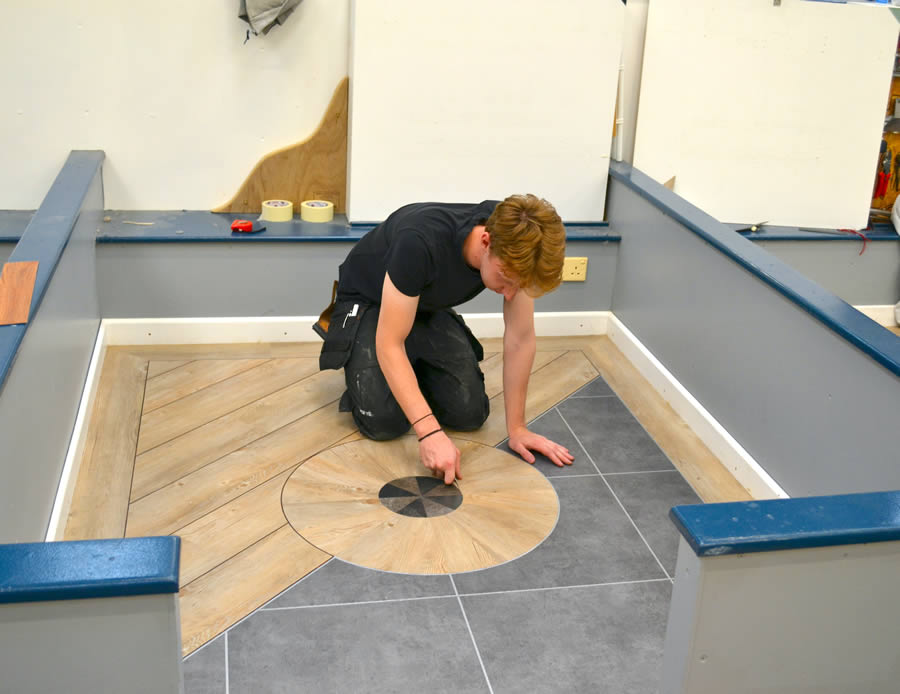
An apprenticeship is a formal system of training people in a set profession with a mixture of 'on' and 'off' the job training and often accompanying study, it is a real job where the apprentice can learn, gain experience and get paid. Any apprentice must be an employee with a contract of employment and holiday leave.
Apprentices are developed to help plug the skills gaps in the sector and offer an education route that is vocational. An apprenticeship combines hands-on work with the opportunity to train and obtain qualifications, it is a paid position with at least 20% of the apprentice's time set aside for learning, usually at a college or with a training provider.
The rest of the apprentice's time is spent applying knowledge, skills, and behaviours in the workplace. At the end of it, the apprentice will gain official certification, which will be equivalent to or include traditional qualifications such as NVQs. Apprenticeships are supported by work on English and Maths related subjects called Functional Skills in England, Core Skills in Scotland, and Essential Skills in Wales and Northern Ireland.
It can take between two and four years to complete a floorlaying apprenticeship depending on where in the UK the apprentice is based, what level the apprenticeship is and any previous experience the apprentice has. Apprenticeships are funded from contributions made by both the Government and an employer.
YES - This is a really important question as there are different levels of funding depending on an employer's location, staff numbers and the apprentice's age. Apprenticeship funding is available to all employers regardless of their relationship with the CITB and this has caused confusion for many years.
Apprenticeships are available in England, Scotland, Wales and Northern Ireland in different formats. The best place to read about apprenticeship opportunities is in the Contract Flooring Industry Training Guide, available for download here. The CFA Training arm FITA (Flooring Industry Training Association) delivers the Floorlayer apprenticeship from its dedicated training centre in Loughborough, England. For more information email info@cfa.org.uk or for CFA members, head to the members area for further details.